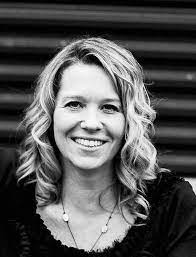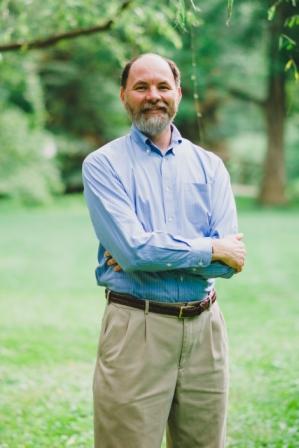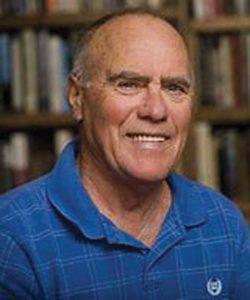By Roger Barbee
My first Frederick Buechner arrived this week; Speak What We Feel (Not What We Ought to Say) is his reflections on literature and faith.
Now, I have always been a reader. Not a good student, it is my reading that helped me salvage my academic and intellectual self. Because of my reading I managed to attend college and even read through to obtain an MA. My modest library contains books about literature, biographies of writers and other leaders, examinations of religion, political studies, investigations of nature, and more. As a life-long learner, I subscribe to the words of Abigail Adams quoted by David McCullough in his 2008 speech at Boston College’s commencement: “Learning is not attained by chance. It must be sought with ardor and attended with diligence.” McCullough goes on to tell the graduates to “Read! Read, read…. Read for pleasure, to be sure. But take seriously-read closely-books that have stood the test of time.” Those are words I followed, taught my students, and still follow in my retirement. And I especially like Adams’ use of ardor and diligence. However, I share my reading history not out of arrogance, but so that the reader can better appreciate my feelings when a good friend recently asked me had I read Buechner. My friend, also a retired educator with whom I worked, shared with me how Buchner had influenced his teaching, faith, and life. Interested, I later typed in Frederick Buechner on the Internet search engine only to read that he had died a few days before. I read of his peaceful death at an advanced age, but I was swept away by the tributes to and the deeply felt appreciations of such a writer/thinker that I only had not read, but one of whom I had never heard. I wondered, as I read, exactly where had I been while Frederick Buechner was being such an influencer of all kinds of folks. Feeling ignorant and a bit self-cheated, I ordered two books—the one mentioned above and my friend’s favorite, Wishful Thinking: A Theological ABC.
To the present, I have only read the first two writers Buechner reflects on in Speak, Gerard Manley Hopkins and Mark Twain. His reflections of the writers at first encouraged me to rush on into this thinker’s words. Yet, reading a sentence such as the following one he writes to describe Hopkins cautions me: “Again and again Hopkins chooses words open to so many interpretations that, like prisms when the light touches them, they cast across the page a whole spectrum of possible meanings.” That is a sentence to chew, taste, and savor for what it says and how it says it. If you doubt Buechner’s insight, read The Windhover and then wonder at his depth of compassion that leads to his deep understanding for Hopkins and Twain.
I look forward to reading and studying Buechner in the same manner that Abigail Adams advises to approach learning–with ardor and diligence.







